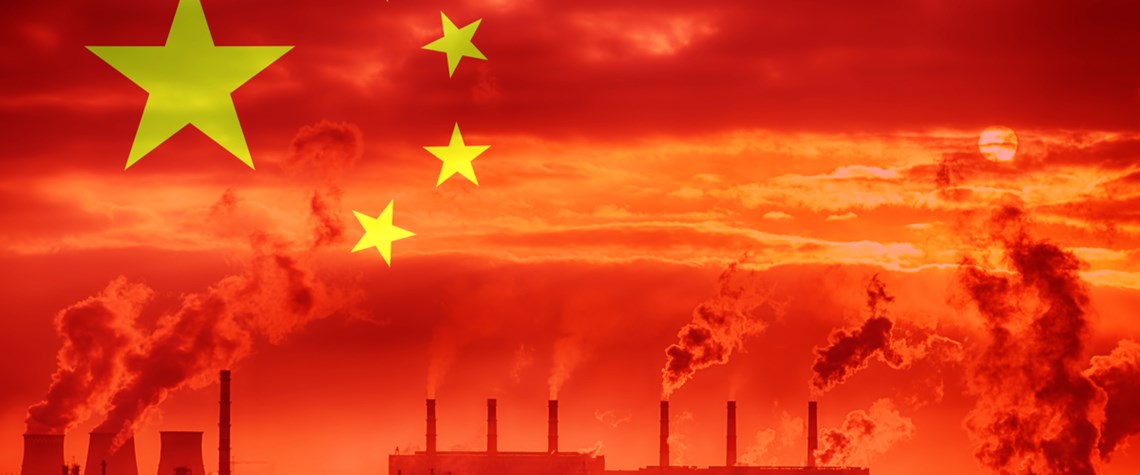China bides its time on ETS extension
Government may not broaden scope of world’s largest cap-and-trade scheme until 2024 or later
China may not expand its cap-and-trade scheme to cover more emissions-intensive sectors beyond power generation until next year at the earliest, as carbon policymaking has been overshadowed by energy security and macroeconomic concerns, according to speakers at the Carbon Forward Asia conference in Singapore. China’s emissions trading system (ETS)—the world’s largest by emissions volume—has covered only domestic thermal power generators since it launched nearly two years ago in July 2021. So far, prices and trading activity have languished at low levels, limiting the system’s effectiveness as a tool for reining in emissions. There has been considerable speculation since the national carbon m

Also in this section
9 January 2026
A shift in perspective is needed on the carbon challenge, the success of which will determine the speed and extent of emissions cuts and how industries adapt to the new environment
2 January 2026
This year may be a defining one for carbon capture, utilisation and storage in the US, despite the institutional uncertainty
23 December 2025
Legislative reform in Germany sets the stage for commercial carbon capture and transport at a national level, while the UK has already seen financial close on major CCS clusters
15 December 2025
Net zero is not the problem for the UK’s power system. The real issue is with an outdated market design in desperate need of modernisation







